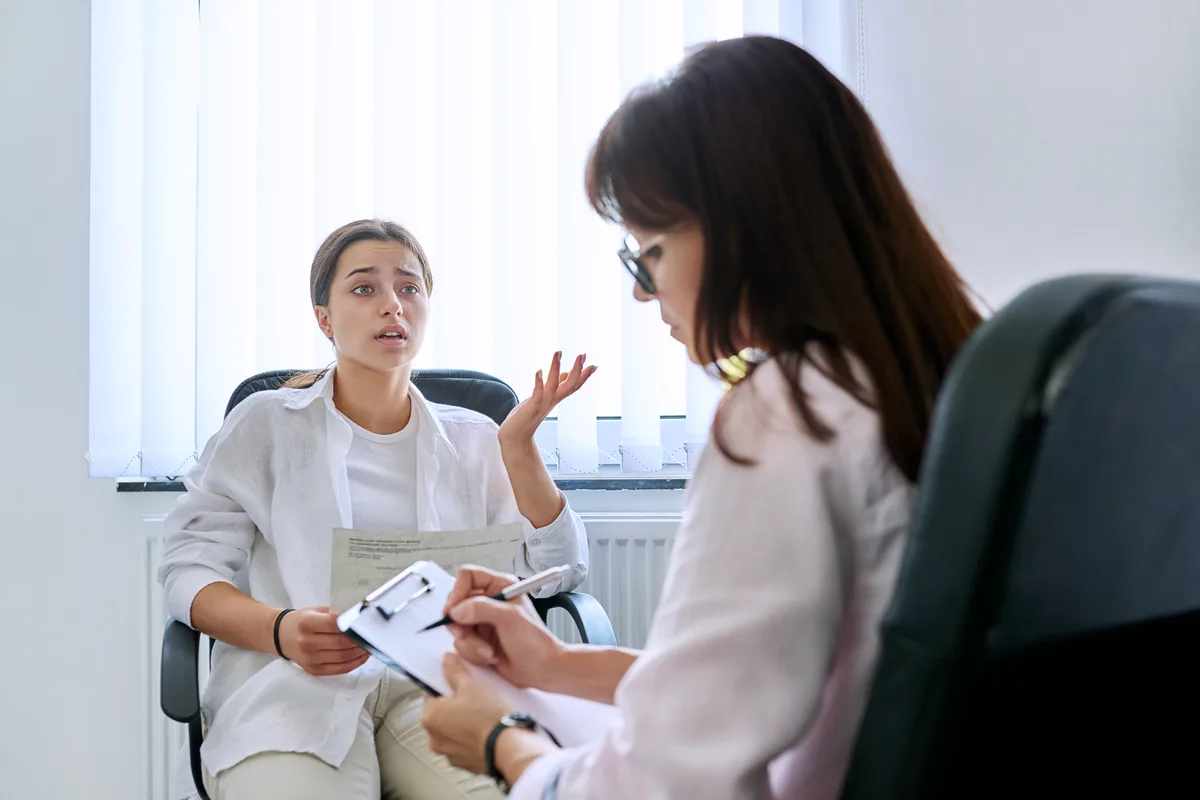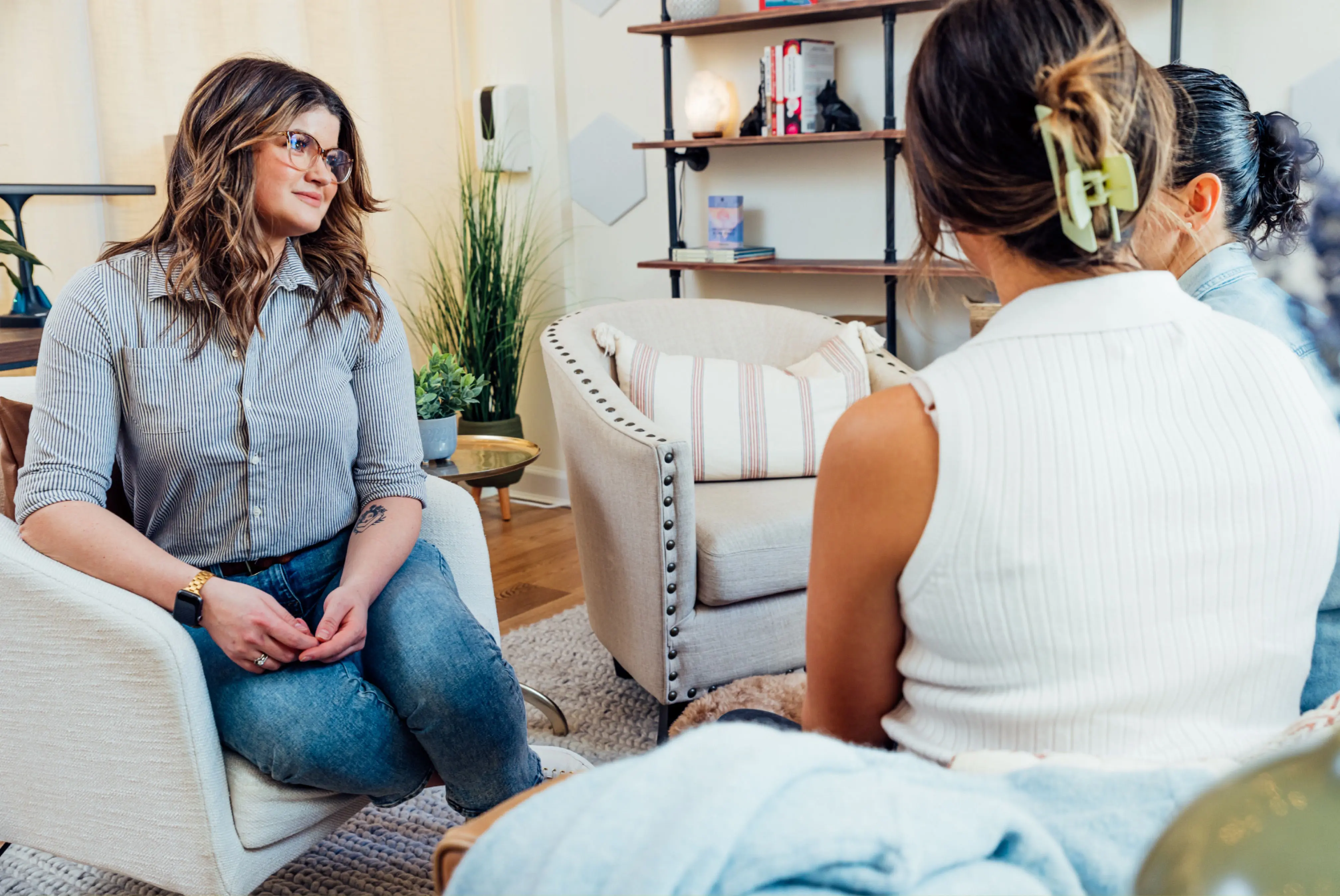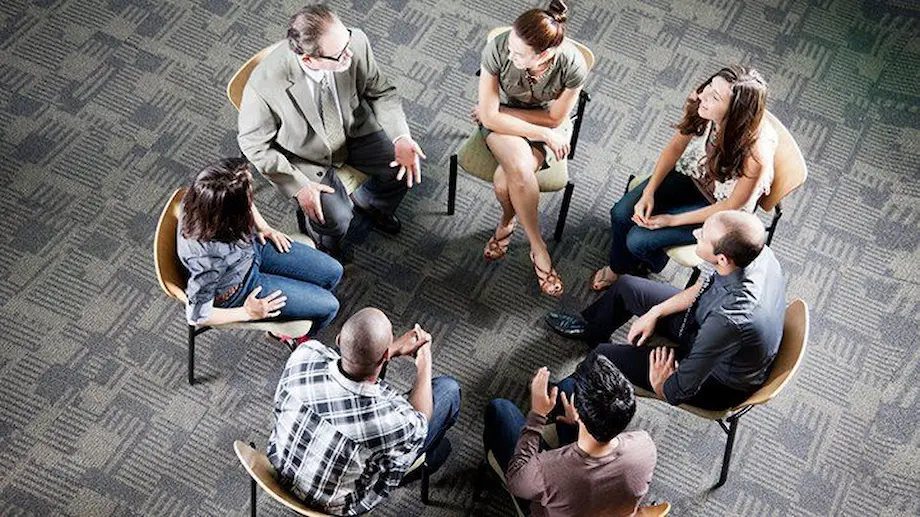24/7 Helpline:
(866) 899-221924/7 Helpline:
(866) 899-2219
Learn more about Klonopin Rehab centers in Scotland County
Klonopin Rehab in Other Counties

Other Insurance Options

Aetna

Health Net

Amerigroup

MHNNet Behavioral Health

PHCS Network

Holman Group

State Farm

Multiplan

Highmark

American Behavioral

Group Health Incorporated

Choice Care Network

Optum

UnitedHealth Group

Absolute Total Care
Beacon

CareFirst

Kaiser Permanente

Premera

Self-pay options

Advantage Behavioral Healthcare
Advantage Behavioral Healthcare - Biggs Street offers outpatient treatment for individuals with alco...

Family First Support Center
Family First Support Center offers outpatient and intensive services for individuals with alcohol an...







































Robeson Healthcare Corporation
Robeson Healthcare Corporation - Lauchwood Drive is a non-profit rehab located in Laurinburg, North ...
























